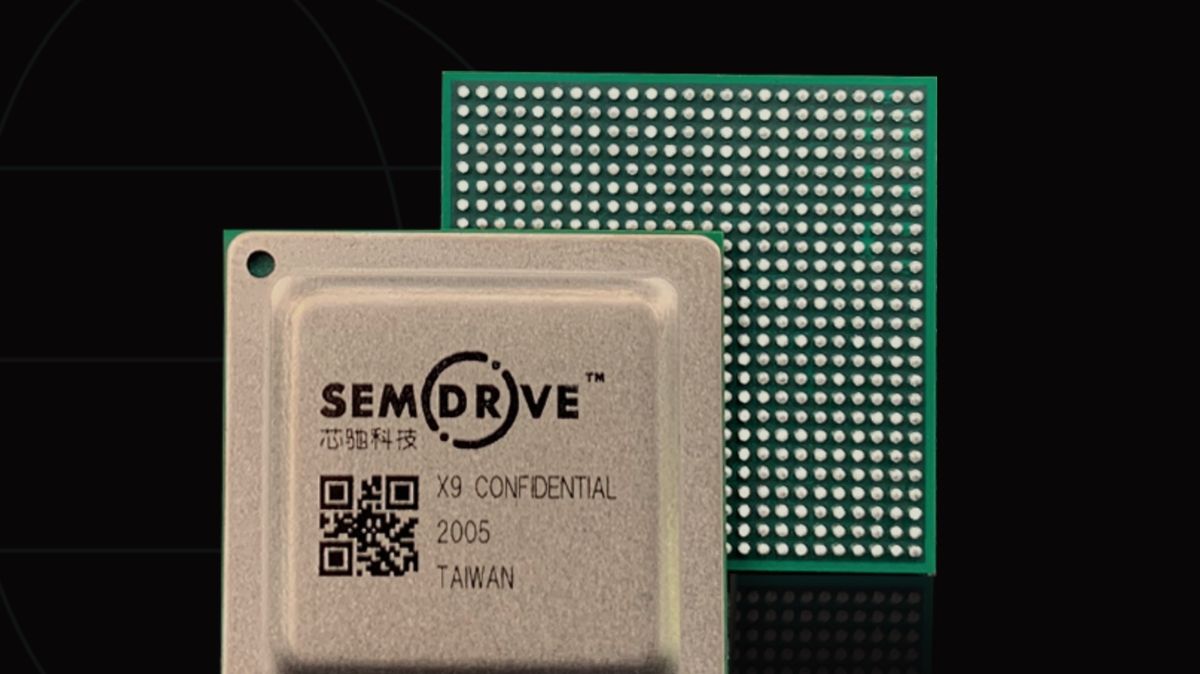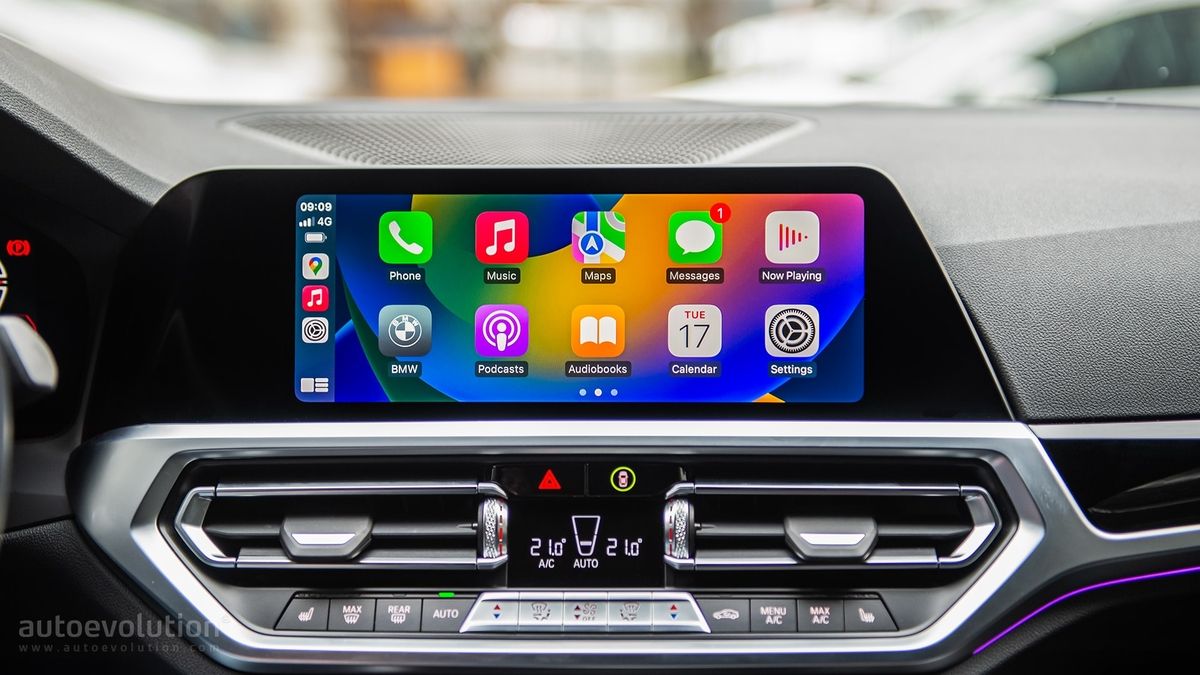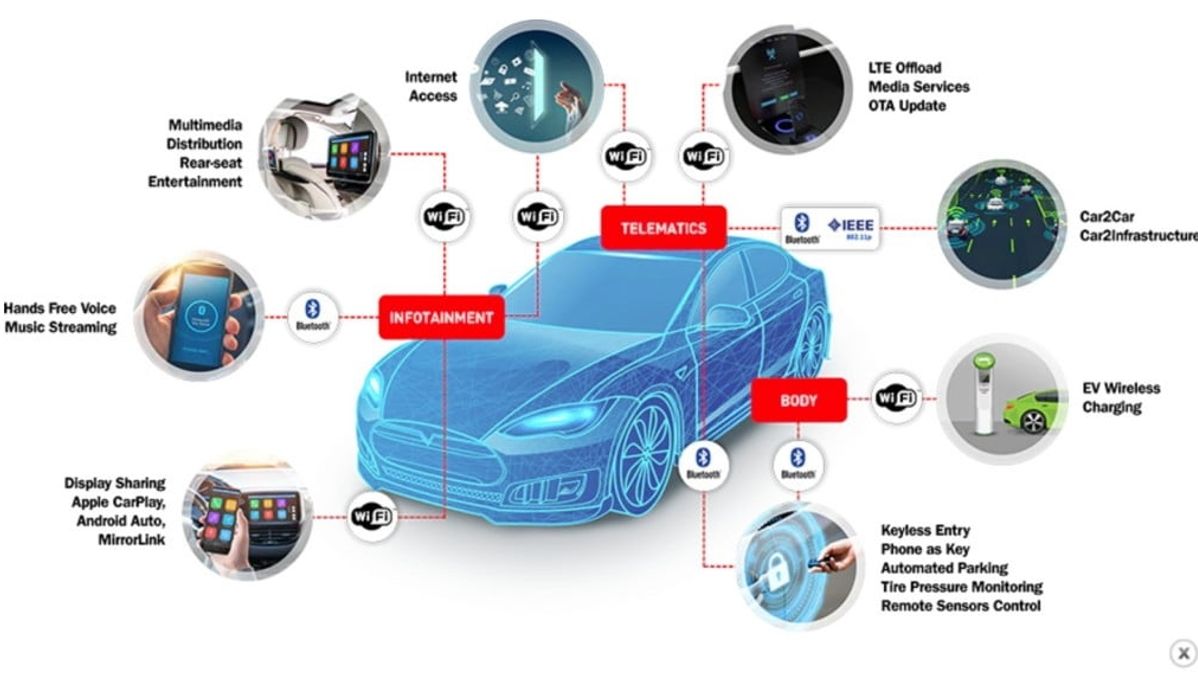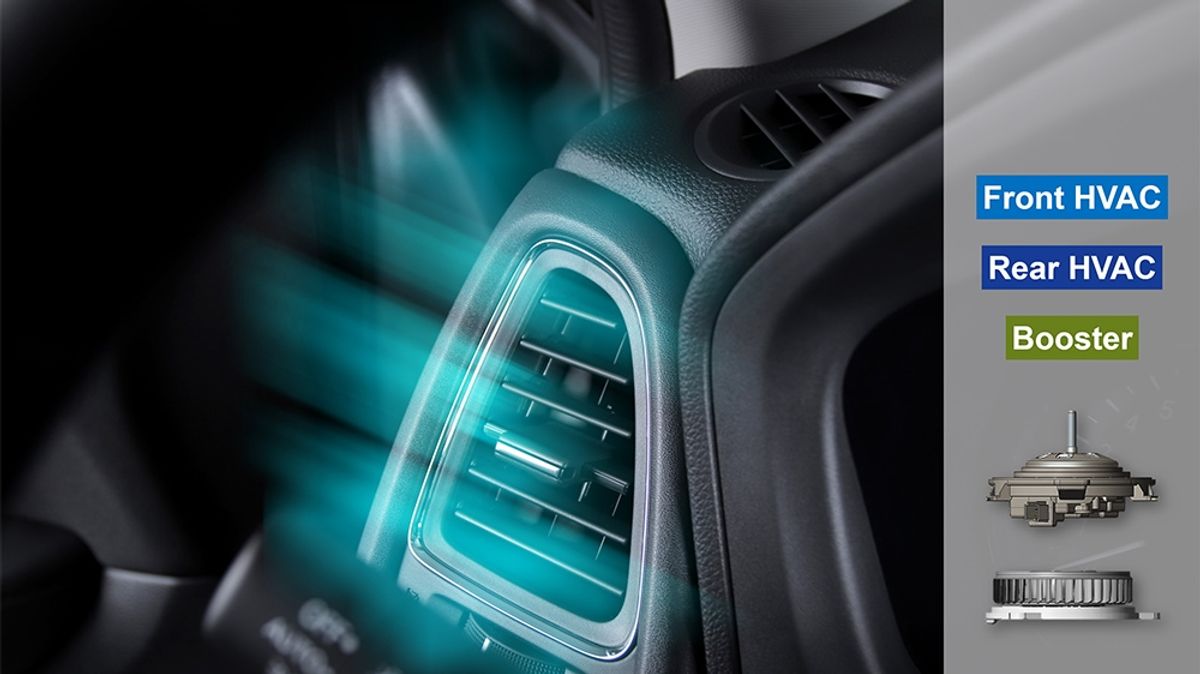-
Revolutionizing Auto Care: Carmedis Leads the Charge with Unprecedented Technology

In today’s fast-paced world, the struggle with roadside car mechanics is all too real, especially when it comes to the intricate repairs of automated vehicles. Carmedis, a trailblazing force led by CEO and Founder Franklin Anigbo, is determined to revolutionize the auto repair landscape. Carmedis isn’t just a company—it’s a movement dedicated to providing innovative…
-
Automotive Gear Shift System Market to Cross USD 25.06 Billion by 2030 As Revealed In New Report ve Production

Automotive Gear Shift System Market Size, Share And Segmentation By System Type (Automatic System, Manual System), By Component (CAN Module, Electronic Control Unit (ECU), Solenoid Actuator, Others), By Vehicle Type (Passenger Cars, LCV, HCV), By Regions And Global Market Forecast 2023-2030 Market Report Scope & Overview The automotive gear shift system market plays a pivotal role in…
-
Japan’s Integrated Circuit Market Set for Remarkable Growth Amidst…

As dawn breaks over Tokyo, the heart of Japan’s tech industry beats with anticipation for the future. A recent report by the IMARC Group sheds light on the burgeoning Japanese Integrated Circuit (IC) market, projecting an impressive compound annual growth rate (CAGR) of 7.07% from 2024 to 2032. This forecast is not just a number…
-
Imagination and SemiDrive Forge Alliance to Steer the Future of Sm…

In an era where the line between technology and automotive industries increasingly blurs, a groundbreaking partnership emerges, promising to redefine our driving experiences. Imagination, a company at the forefront of graphic and AI technologies, has joined forces with SemiDrive, a heavyweight in automotive chips known for their impressive feat of shipping over 3 million chips.…
-
Driving Into the Future: CBC Listen Joins CarPlay, Challenging the…

Imagine you’re cruising down a highway, your favorite CBC Radio show playing seamlessly through your car’s speakers, no clunky transitions or frustrating signal drops—just a smooth, integrated experience. This scenario, once a wishful thought, has become a reality for Canadian drivers, thanks to the recent integration of CBC Listen into CarPlay. The move signifies a…
-
Driving into the Future: How Connected Car Technology Is Revolutio…

In a world where innovation drives the future, connected car technology is paving new roads in the automotive industry, reshaping the landscape of auto finance and insurance. It’s an era where your vehicle does more than take you from point A to B; it’s a pivotal player in your financial and insurance portfolios, offering personalized…
-
A Tech Revolution in the Auto Sales Industry

The auto sales industry is currently experiencing a significant transformation, thanks to technological advancements. This evolution is not only changing how vehicles are sold but also reshaping the entire consumer experience. From digital showrooms to online financing options, technology is at the forefront of this change, making the car buying and selling process more efficient…
-
HARMAN Drives the Future of Automotive Connectivity at MWC 2024 in…

Imagine stepping into a car that not only drives you to your destination but also keeps you connected, safe, and entertained every mile of the journey. At the Mobile World Congress (MWC) 2024 in Barcelona, HARMAN made this vision more tangible with its latest innovations in automotive connectivity. Advertisment In a bold move to democratize…
-
Toyota Kirloskar Motor Signs MoU with Govt of Karnataka

Toyota Kirloskar Motor (TKM) signed a Memorandum of Understanding (MoU) with the Department of Technical Education, Government of Karnataka. The MoU aims to establish Advanced Centres of Excellence (ACoE) in several colleges across the State and as a pilot aims to initiate an ACoE in Government Engineering College, Ramanagara, making it the first government engineering…
-
Automakers Ramp Up Efforts for Cleaner In-Cabin Air Amid Pandemic …

In an age where the air we breathe is under constant scrutiny due to the impacts of the COVID-19 pandemic and the alarming levels of air pollution affecting 99% of the global population, the automotive industry is stepping up. With a clear and present demand for cleaner, safer environments—even within the confines of our vehicles—automakers…